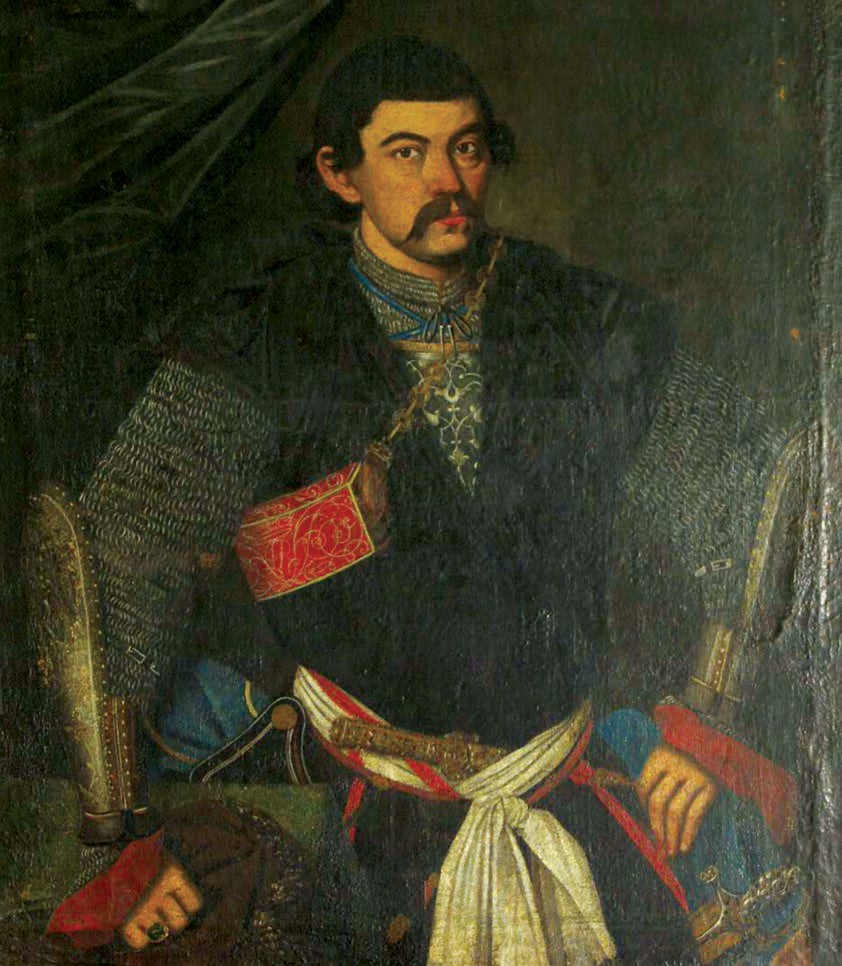Batonishvili (Bagrationi) Alexandre

Batonishvili (Bagrationi) Alexandre (1674-1711), Writer and leader of Georgian town ship in Moscow, son of Archil II, - King of Imereti (West Georgia). In early 1680s dethroned King Archil II resolved to establish relations with Russia. In 1684 Alexandre Batonishvili, his brother Mamuka and Majordomo N. Jorjadze arrived in Moscow, where Boyar D. Nikolaev accommodated them at his palace. In 1691 Emperor Peter I presented Alexandre and Mamuka with the former palace of Boyar V. Golitsin in Moscow along with the palatial church and Vsesviatskoye village in the countryside. Later on the Emperor also granted estates in Nizhny Novgorod to them.
Alexandre Batonishvili gained knowledge of Russian and other foreign languages; mastered Russian literature and military art. He effectively coped with cultural and economic life of Georgian township. Alexandre attracted the attention of Peter I, becoming the Emperor’s close friend and associate. In 1697-1698 Prince Alexandre was an official member of Peter the Great’s ‘Grand Legation’ in Europe. During the years of ‘Grand Legation’ in Holland, Alexandre got acquainted with a well-known Dutch scientist N. Witsen and furnished him with the materials on Georgia and Georgian written language.
Alexandre studied gunnery in Konigsberg and Hague. In 1699 Peter I granted him the title of GeneralFeldzeugmeister and appointed him to the position of the Head of Russian Artillery. Alexandre Batonishvili was the first Feldzeugmeister of Russian Artillery.
In 1700, in the war between Sweden and Russia, Alexandre was taken prisoner at Narva. In captivity he translated Russian spiritual literature, works of Emperor Basil of Macedonia and other compositions. Alexandre’s education attracted the attention of Swedish scientific and cultural circles. In Stockholm he resumed his efforts directed at molding of Georgian print. The type was forwarded to Russia and in 1705, Davitni (book of prayers), the first printed Georgian book was published in Moscow.
In 1711, the iterant endeavors of Peter I were crowned with success and Alexandre Batonishvili was released from captivity. Alexandre died in Piteo, on his way from Sweden to Russia. His body was delivered to Moscow with profound reverence and buried at the Donskoy Monastery of the Dormition of Jesus Christ.


